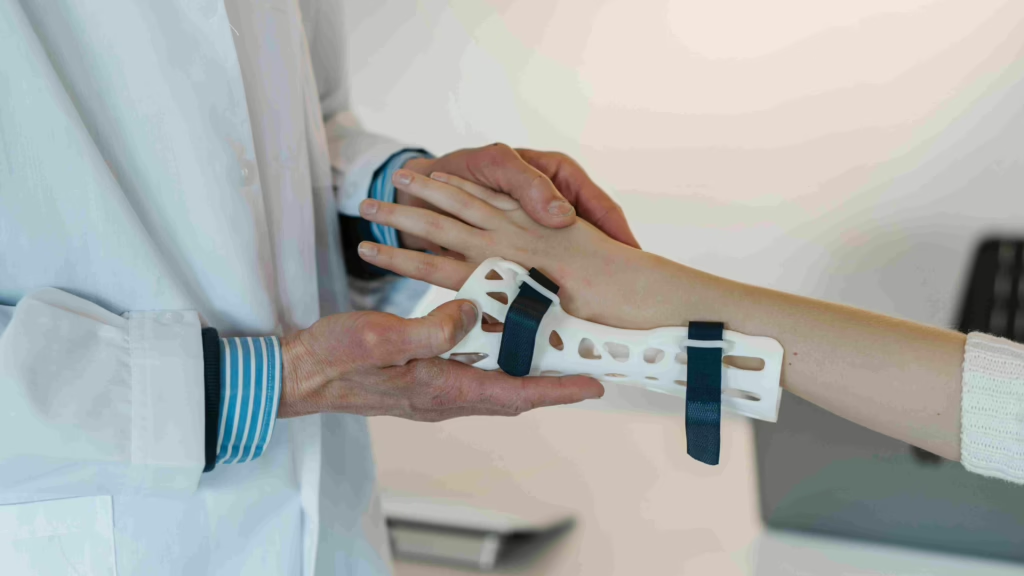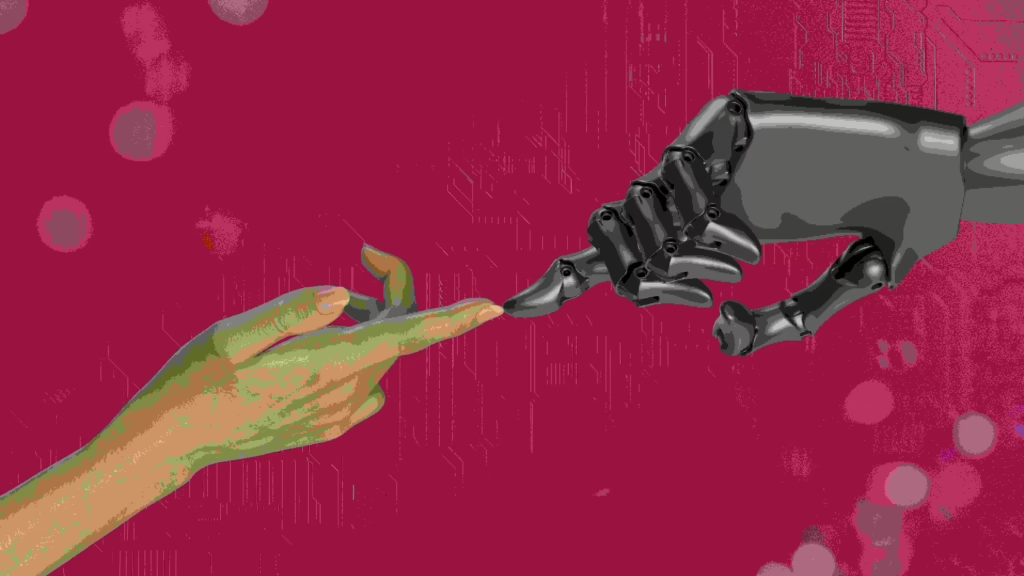Artificial Intelligence (AI) is transforming the healthcare sector, providing new solutions to enhance patient outcomes and make medical processes more efficient. AI agents are increasingly becoming an essential component of current healthcare, revolutionizing everything from medical diagnosis to remote monitoring and administrative work. This article discusses the influence of AI agents in healthcare and how they can improve patient care.
Personalized Treatment Plans

- AI agents utilize sophisticated machine learning algorithms to scan huge volumes of patient data, allowing physicians to develop extremely customized treatment plans.
- Based on medical history, genetic data, and lifestyle considerations, AI-based systems can suggest individualized therapies and medications, minimizing the danger of adverse reactions and maximizing overall patient care.
Medical Diagnosis and Decision Support
- Artificial intelligence-based diagnostic software helps medical practitioners detect diseases more accurately and efficiently.
- Machine learning algorithms programmed on large datasets can identify trends in medical images, lab reports, and patient data, which help detect conditions like cancer, cardiovascular ailments, and neurological conditions at an early stage.
- These AI entities not only quicken the diagnostic process but also eliminate human error, providing accurate medical evaluations.
Remote Patient Monitoring and Telemedicine
- With the increasing use of telemedicine, AI agents are significant players in remote monitoring of patients. Wearable healthcare technology devices that incorporate AI are able to continuously monitor vital signs, recognize irregularities, and notify medical practitioners in instances of emergencies.
- Early intervention through this real-time monitoring reduces hospital attendance and manages chronic diseases more effectively.
- Telemedicine platforms supported by AI promote easier access to healthcare, such that patients have timely consultations and receive medical guidance.
Automation of Administrative Work
- Healthcare professionals are usually bogged down by administrative tasks that take up precious time and resources.
- AI-powered automation simplifies tasks like medical billing, appointment scheduling, and patient record management.
- Chatbots and virtual assistants deal with routine questions, freeing up medical staff to attend to patients.
- By minimizing paperwork and maximizing operational efficiency, AI agents enhance the overall healthcare experience for both patients and providers.
Improving Medical Support and Assistance

- AI agents work as virtual health assistants, directing patients along the path of care.
- From taking medication reminders to instructions for follow-up care post-treatment, these AI agents ensure treatment protocol compliance and optimal health outcomes.
- AI-powered chatbots for mental health also aid those who battle anxiety, depression, and stress, making care more accessible and inclusive.
The Future of AI in Healthcare
- With the advancement of AI technology, its application in the health sector will further be entrenched.
- Its future uses will include robotic surgeries powered by AI, disease outbreak predictive analytics, and enhanced drug discovery.
- Regulatory frameworks, data privacy, and ethical considerations will have a pivotal impact on how AI will be integrated in healthcare.
AI agents are transforming healthcare by enhancing patient outcomes, optimizing diagnostic precision, and streamlining administrative tasks. AI-enabled solutions ranging from customized treatment plans to telemedicine and remote patient monitoring are transforming healthcare into more efficient and accessible healthcare. As the healthcare sector adopts AI, the future of patient care is promising, with technology leading the way toward a healthier and more connected world.
Saksham Kaushik is a talented writer and knowledge seeker who enjoys studying and sharing knowledge on everyday happenings, trends, and interesting facts. With keen observation skills and a curiosity-based approach, He analyzes heavy subjects into simple-to-read articles, keeping readers updated and interested. From international updates to technology breakthroughs, lifestyle suggestions, and food for thought, Saksham Kaushik provides new insights and useful information every day.




